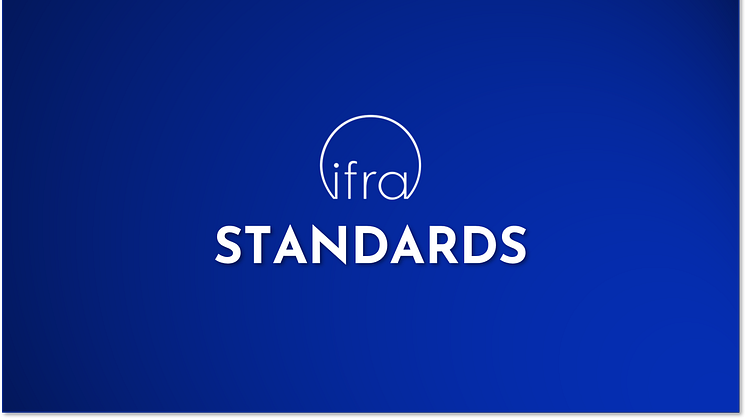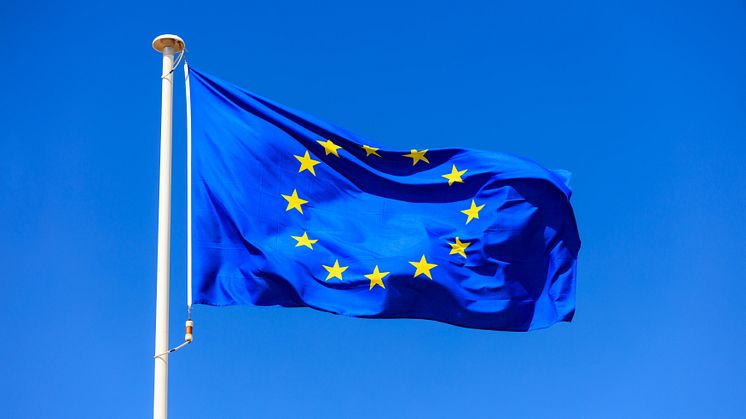
Press release -
Latest IFRA Standards to have little effect on perfumers’ palette
The upcoming Amendment to the IFRA Standards will contain only seven changes overall. There will be three new Standards based on the QRA, one revised Standard based on the QRA, one revised Standard introducing a specification on top on the already existing QRA restrictions, one new Specification and one Prohibition.
It has come to the attention of IFRA that some rumours have emerged regarding the content of the 45th Amendment, which wrongly indicates that new policies on furocoumarins or methyleugenol (an essential component of the smell of roses) would be part of the 45th Amendment. IFRA would like to state that this is categorically not the case.
“This year’s Amendment will hardly affect the palettes of perfumers,” said Jean-Pierre Houri, IFRA Director General.
“Previous years have seen quite heavy Amendments due to the change over to our new Quantitative Risk Assessment (QRA) approach. However, this is nearly complete and is reflected in this year’s very light Amendment,” explained Houri.
The 45th Amendment, part of the industry’s global safety program, is mandatory for all companies, which belong to an IFRA member association. The final notification of the Amendment is foreseen to be during the course of June when full details of the seven changes will be announced.
Topics
Categories
The International Fragrance Association, founded in 1973, represents the interests of the fragrance industry worldwide. IFRA comprises seven multinational Regular Members and 21 national associations in four global regions representing hundreds of small and medium-sized fragrance ingredient manufacturers, as well as supporting members. Its mission is to promote the safe use of fragrance for everyone’s enjoyment.
Fragrances are a key platform technology used by consumer goods companies – for fine fragrances, personal care products, household care and more.
IFRA’s flagship safe use program, the IFRA Standards, applies safety management measures based on scientific assessment and the evaluations of an independent Expert Panel. The program is at the heart of the IFRA Code of Practice, which applies to all IFRA members globally, including members of IFRA’s 21 national associations. The Code also requires members to abide by local, national and international regulation, and to apply good manufacturing practices.




